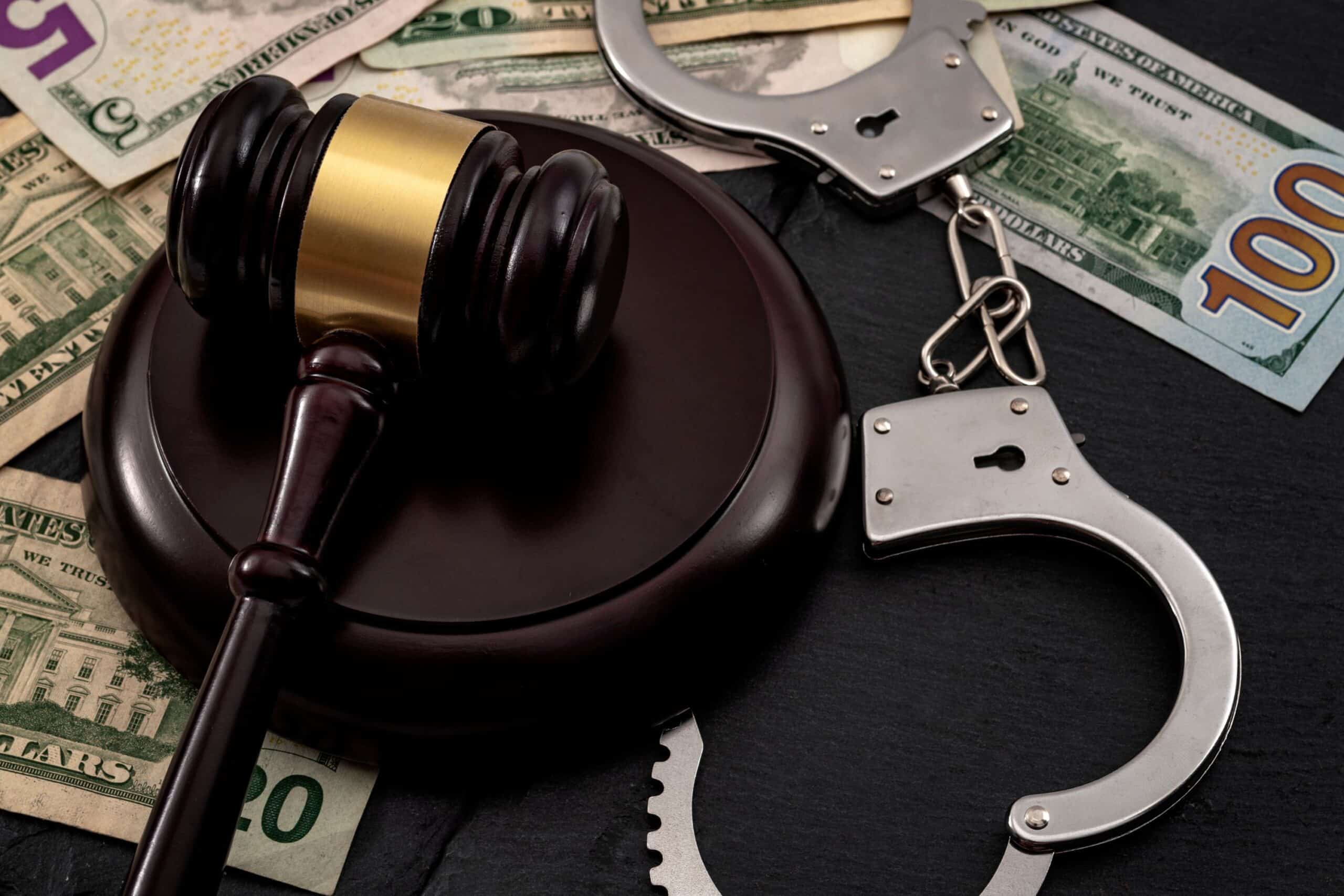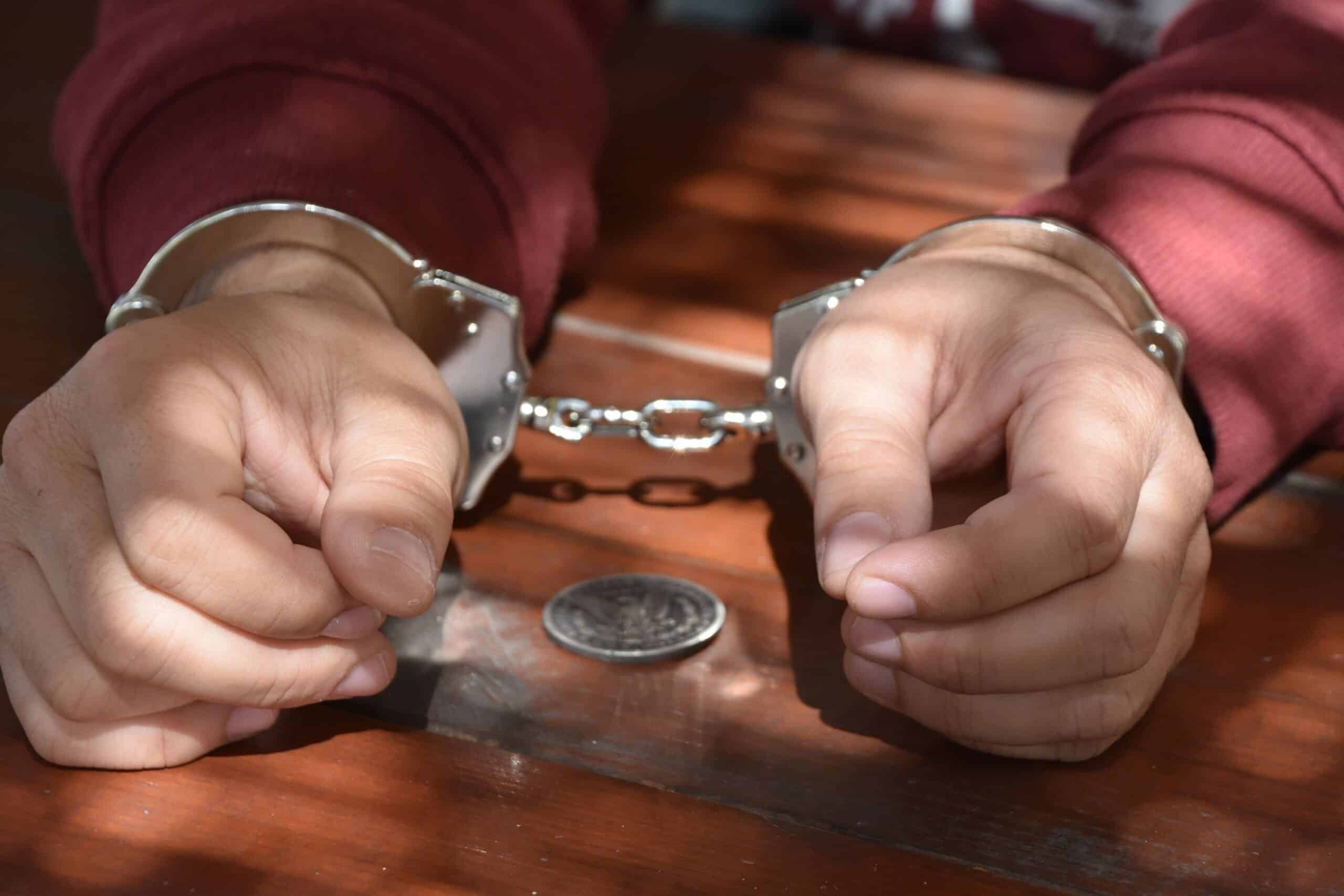The bail system in Minnesota is a critical component of the criminal justice system that is designed to ensure that defendants show up for court hearings and do not commit additional crimes while their case is pending. It is essential for those facing criminal charges in Minnesota to have a thorough understanding of the bail system and their options for posting bail. Knowing your rights and the procedures for posting bail can help you or your loved one secure release from jail and avoid additional legal trouble. In this blog post, we will explore the ins and outs of Minnesota’s bail system, including how bail is set, the different types of bail, and the consequences of violating bail conditions.
What is Bail?
Bail is a financial agreement between the defendant and the court that allows the defendant to be released from jail while their case is pending. Bail aims to ensure the defendant appears for all court hearings and does not commit additional crimes while out on bail.
When a defendant is arrested, a judge will set bail based on various factors, including the severity of the charges, the defendant’s criminal history, and their likelihood of fleeing or committing additional crimes. Bail can range from a few hundred dollars to millions depending on the circumstances.
Options for Posting Bail
There are several options for posting bail in Minnesota, including:
- Cash bail requires the defendant to pay the full amount in cash or by check.
- Bail bond: This involves paying a non-refundable fee to a bail bond company, which will then post the full bail amount on the defendant’s behalf.
- Property bond involves using property, such as a house or car, as collateral for the full bail amount.
- Release on recognizance: This allows the defendant to be released without posting bail, but they must sign an agreement promising to appear in court for all hearings.
Conditions of Bail
When a defendant is released on bail, they must abide by certain conditions, such as:
- Reporting to a probation officer: The defendant may be required to regularly check in with a probation officer.
- Abstaining from drugs and alcohol: The defendant may be required to undergo drug and alcohol testing and refrain from using drugs or alcohol.
- Staying away from certain people or places: The defendant may be prohibited from contacting certain individuals or visiting certain locations.
- Surrendering their passport: If the defendant is considered a flight risk, they may be required to surrender their passport.
Consequences of Violating Bail
If the defendant violates any of the conditions of their bail, they may be subject to consequences such as:
- Revocation of bail: The court may revoke the defendant’s bail and require them to return to jail.
- Additional criminal charges: If the defendant commits another crime while out on bail, they may be charged with a new offense.
- Forfeiture of bail: If the defendant fails to appear in court or violates their bail conditions, the court may forfeit their bail and keep the money or property posted.
If you or a loved one is facing criminal charges in Minnesota, it’s important to understand the bail system and your options for posting bail. Depending on the circumstances, you may be able to post bail in cash, through a bail bond company, or with the property as collateral. However, it’s important to abide by your bail conditions and appear in court for all hearings. If you have any questions or concerns about the bail system in Minnesota, it’s important to consult with an experienced criminal defense attorney who can guide you through the process and protect your rights.
About the Author:
Christopher Keyser is an AV-Preeminent rated criminal and DWI defense attorney based in Minneapolis who is known for fighting aggressively for his clients and utilizing innovative tactics to get the most positive results. He has been featured in numerous media outlets due to the breadth and depth of his knowledge and has been named a Certified Specialist in Criminal Law by the Minnesota Bar Association. Mr. Keyser is Lead Counsel rated, and he has received recognition for his criminal law work from Avvo, Expertise, Super Lawyers, The National Trial Lawyers, and more.







